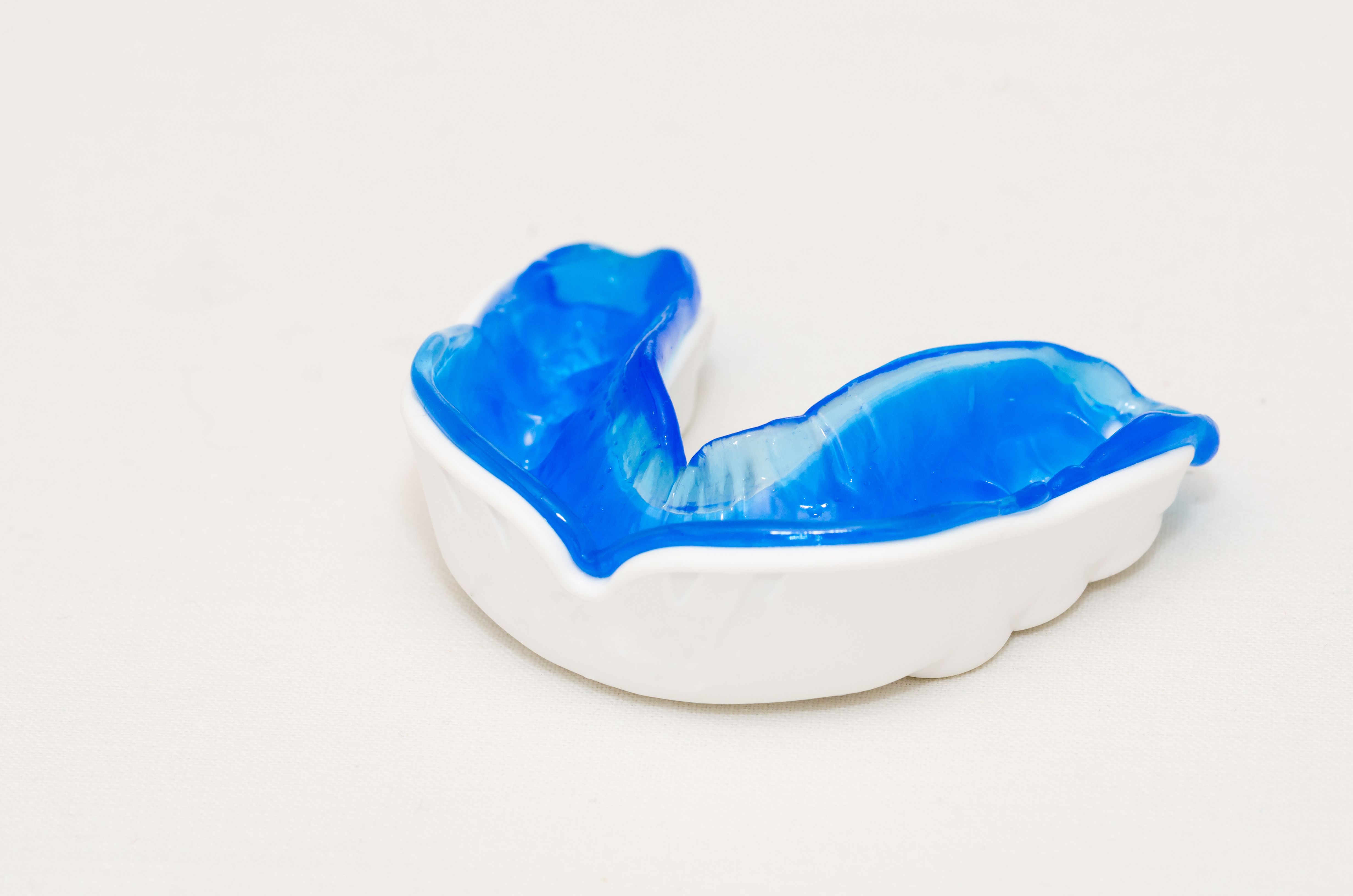Protective Retainers: Good Candidates for Mouth Guards
 Dr. Edward Narcisi has helped the people of Pittsburgh have healthy and beautiful smiles, offering comprehensive general dentistry services for optimal dentla care. Taking a holistic approach, Dr. Narcisi combines preventative and proactive care, allowing patients to have healthy and beautiful smiles.
Dr. Edward Narcisi has helped the people of Pittsburgh have healthy and beautiful smiles, offering comprehensive general dentistry services for optimal dentla care. Taking a holistic approach, Dr. Narcisi combines preventative and proactive care, allowing patients to have healthy and beautiful smiles.
One important aspect of preventative dental care is the use of protective mouth guards. Let's take a moment to consider who the ideal candidates are for mouth guards.
About Mouth Guards
Mouth guards are protective retainers that are worn in order to prevent various structures of the mouth from experiencing different kinds of injuries. Depending on the issue you face, there are different kinds of mouth guards that can be worn.
The three most common candidates for mouth guards are typically:
- Athletes
- People who suffer from teeth grinding (bruxism)
- People who suffer from TMJ disorders
Mouth Guards for Athletes
Athletes at all levels of competition can benefit from wearing a mouth guard. By wearing a mouth guard, patients will have their tongue, teeth, and gum protected from harm. This means a much lower chance of suffering tooth loss or an injury to the tongue while engaged in professional-level competition, student-level competition, or just hobbying and recreation.
Mouth guards are essential for people in contact sports (football, hockey) or combat sports (boxing, MMA), though more and more basketball and soccer players wear mouth guards given how physical the game can beecome.
Custom Mouth Guards Are Superior Store-Bought Retainers
When it comes to athletic mouth guards, it's generally a better idea to get a custom mouth guard made rather than getting an over-the-counter stock mouth guard. Custom mouth guards are more comfortable, and this added comfort gives you great protection and the edge you may need to up your game.
Mouth Guards for Teeth Grinding (Bruxism)
Teeth grinding refers to the gnashing, clenching, and shifting of the teeth that occurs while a person is asleep. When a person grinds their teeth, this can lead to major amount of stress placed on the teeth, gums, and jaw joint. Teeth grinding can lead to a less restful sleep, and it can also cause headaches, toothaches, gum recession, jaw pain, and TMJ disorders.
Mouth guards are usually one facet of relieving teeth grinding. The mouth guard prevents direct contact between the upper teeth and lower teeth, which reduces the stress and damage done. Patients will often undergo orthodontic care and learn stress management techniques in order to have their bruxism addressed.
Mouth Guards for TMJ Disorders
TMJ disorders refer to various issues that affect the proper alignment and function of the jaw joint. The jaw joint (the temprormandibular joint) is one of the most complicated joints in the entire body. When issues with the bone, cartilage, nerves, or muscle occur, this can result in a TMJ disorder. You may know TMJ disorders best by the telltale locking, popping, and clicking commonly associated with the condition.
As part of treating TMJ disorders, patients are often given a mouth guard to wear. This is especially common when the TMJ disorder is the result of teeth grinding. Limiting the stress on the jaw joint can alleviate symptoms and allow a patient to undergo other dental therapies as needed.
Learn More About Mouth Guards
For more information about mouth guards and how they can help you achieve better dental health, be sure to contact our advanced dental care center. Dr. Edward Narcisi and his team will help you achieve optimal dental health.


